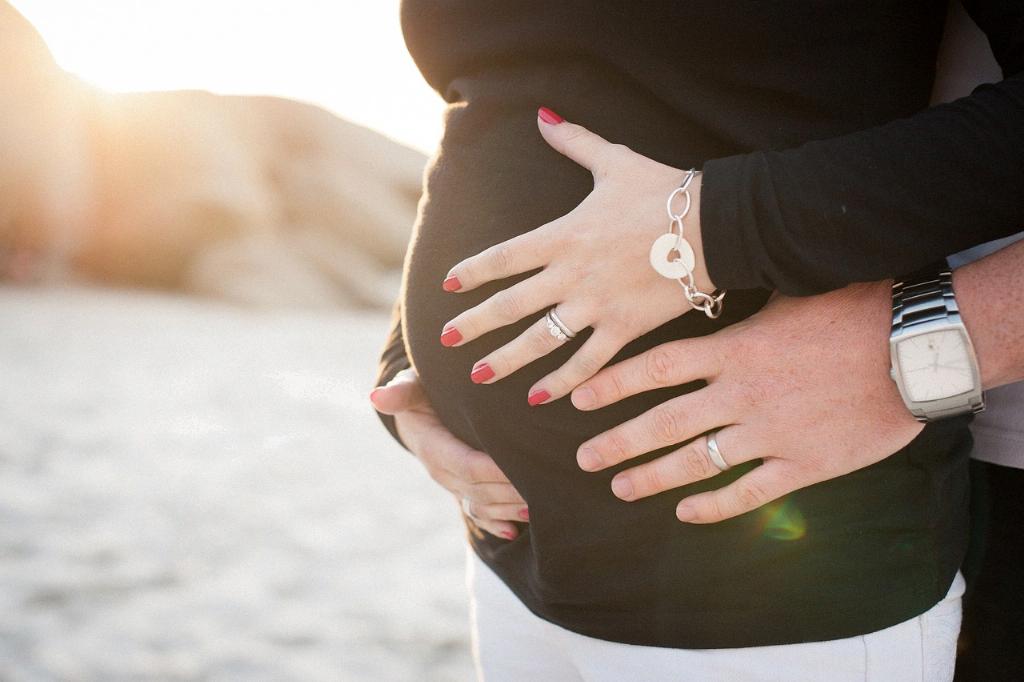When it comes to the delicate topic of miscarriage, there are various factors that can potentially contribute to this heartbreaking event in a woman’s life. One such factor that has been under scrutiny is bacterial vaginosis (BV). BV is a common vaginal infection caused by an imbalance of bacteria in the vagina. It raises the question: Can BV cause a miscarriage?
Research findings have shed light on the possible connection between BV and miscarriage. One study revealed a notable increase in the risk of miscarriage among women with BV compared to those with normal vaginal flora. The statistics speak for themselves, indicating a significantly higher risk for miscarriage in women with BV.
Delving deeper into the data, the study highlighted that women with BV faced a nearly two-fold increased risk of miscarriage compared to those with a healthy vaginal microbiome. This elevated risk underscores the importance of understanding the potential impact of BV on pregnancy outcomes, particularly concerning miscarriage.
Upon closer examination, the study also categorized the miscarriages that occurred in the first trimester, further reinforcing the association between BV and pregnancy loss. The findings underscore the need for heightened awareness and proactive management of BV in pregnant women to potentially reduce the risk of miscarriage.
It is essential to recognize that while BV may not directly cause a miscarriage, the infection’s presence can create an unfavorable environment in the vaginal flora, potentially leading to complications that may contribute to pregnancy loss. Understanding the interplay between BV and miscarriage is crucial in providing adequate support and care for pregnant individuals.
Furthermore, the implications of BV on pregnancy outcomes extend beyond the risk of miscarriage. Studies have linked BV to other adverse pregnancy complications, such as preterm birth and low birth weight, emphasizing the need for comprehensive antenatal care and monitoring for women with this vaginal infection.
Addressing the question of whether BV can cause a miscarriage requires a nuanced perspective that considers the multifactorial nature of pregnancy loss. While BV alone may not be the sole cause of miscarriage, its potential role in influencing pregnancy outcomes warrants attention and proactive management to safeguard maternal and fetal health.
As healthcare providers and researchers continue to unravel the complexities of BV and its impact on pregnancy, it becomes evident that early detection and appropriate treatment of this common vaginal infection are crucial in mitigating potential risks and promoting positive maternal and neonatal outcomes.
In conclusion, while the direct causative link between BV and miscarriage may not be definitively established, the compelling evidence pointing to an increased risk of pregnancy loss in women with BV underscores the importance of vigilance and proactive measures in managing this prevalent vaginal infection during pregnancy.
The evolving landscape of research on BV and its implications for pregnancy outcomes highlights the pressing need for ongoing studies and initiatives aimed at enhancing our understanding of this complex interplay and optimizing care for expectant mothers at risk of pregnancy complications.

